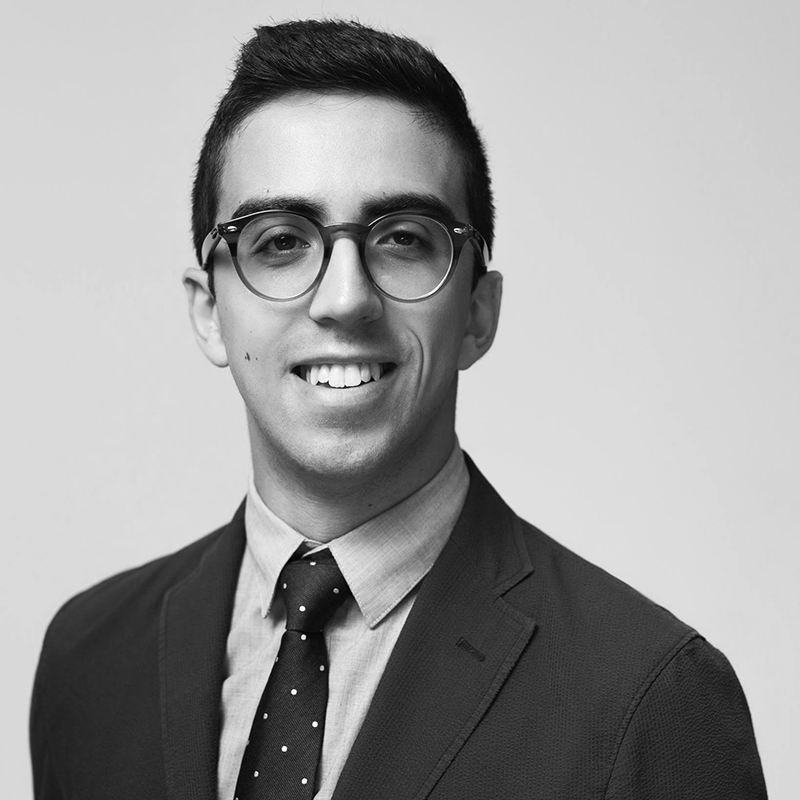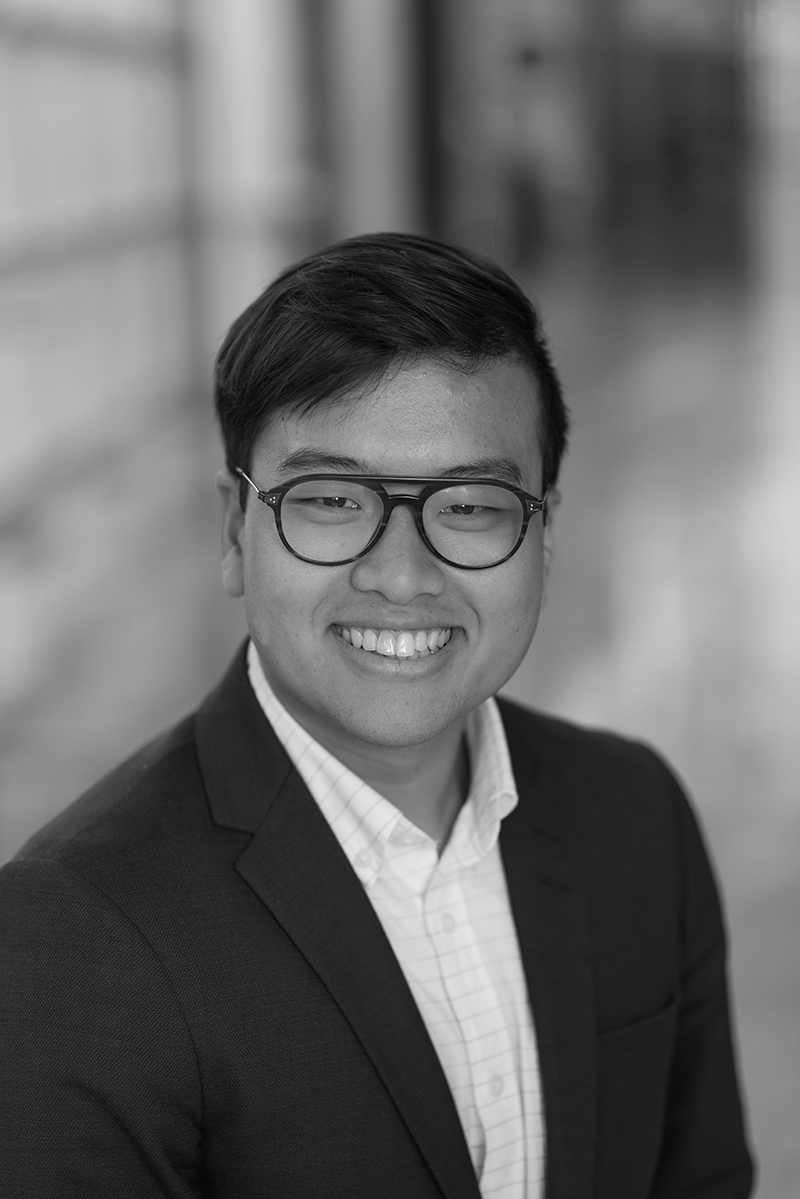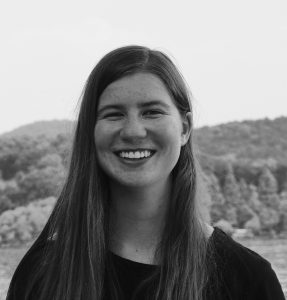Initiative will support student-led projects that benefit local populations
The brainchild of a group of McGill medical students, the Community Health and Social Medicine Incubator (CHASM) recently launched with the goal of providing funding of up to $1000, mentorship and a curriculum for student-led initiatives that work to address the unique health needs of local marginalized populations.
In an effort to encourage students to take action and transform their ideas into impactful projects, the CHASM will employ a program structure similar to more conventional corporate incubators, adapting it to community health and social medicine. To help with the projects, the students have recruited Faculty mentors from across McGill with expertise ranging from social medicine to organizational strategy, who will be paired with the projects that are selected based on fit.

The birth of CHASM
With a strong emphasis on public health within McGill’s MDCM curriculum, students are taught early on in their medical training that health outcomes are largely determined by social factors such as income and education. “We saw this at play in our clinical experiences, where patients frequently present to the emergency room for diagnoses that are closely linked to their social circumstances, and especially so for traditionally marginalized groups, like refugees, the LGBTQ community and patients with mental illness,” notes fourth-year medical student Koray Demir, one of CHASM’s founders. “So, it felt as though a lot of our work on the clinical frontlines was reactionary rather than proactive and not addressing the root causes of their presentation in the first place.“ Despite its inclusion in the curriculum, students didn’t feel that a specific framework existed that supported initiatives to tackle these social inequalities from a health perspective. “Creating CHASM made sense as a way to give structure and resources to

student-led health projects based in local, historically marginalized communities,” says David-Dan Nguyen, a first-year medical student and one of the project’s leaders.
The idea for CHASM crystallized for Koray, who is also Senior VP of Global Health for the McGill Medical Students’ Society (MSS), over lunch with a close friend who had recently switched from health sciences to computer science. “We were locked in a debate about the future of both fields when he stressed the exploding popularity of coding culture, citing large attendance at Hackathons and the impact of local start-ups as signs that programming was the future,” he explains. “I had been reflecting for a while on how to use the platform of VP Global Health to drive evidence-based change in local, underserved communities, but things fell into place at that moment. It made sense to design a model that was inspired by the best of start-up culture, but that applied those principles to non-profit, community-based projects that were tasked with ethically and sustainably improving health outcomes.”

With support from McGill Global Health Programs and the Faculty of Medicine’s Office of Social Accountability and Community Engagement, the students behind CHASM have set immediate, mid-term and long-term goals for the initiative, beginning with funding an initial three projects and showing that they have measurable health outcomes and sustainable goals while involving the targeted communities in the creation process. Selected teams will receive funding and mentorship, as well as work through a curriculum structured on the principles of social innovation. This includes emphasis on problem solving, critical analysis, and evaluative methodology to create, and sustain, impact. Assistance of experts from various fields and backgrounds will corroborate the curriculum.
If all goes according to plan, they hope that they can expand in the second year to support ten projects, a variety of in-curriculum classes and secure funding for the next four years. The students say that their ultimate goal is to ensure that historically marginalized local populations of Quebec are afforded better health outcomes through community-based initiatives. Graduating teams will have received mentorship, funding, individualized training and operational support, with the expectation that the projects supported should be on the path to being fully self-sustainable.
“One of the CHASM’s guiding values is interprofessionalism, which is why the application process is open to all McGill students,”

explains Julie De Meulemeester, the Junior VP of Global Health for the MSS. “The McGill Association of Students in Healthcare (MASH) has facilitated the MSS’s involvement in numerous interprofessional initiatives. CHASM seemed like the perfect opportunity to extend that collaborative model to a broader group of students and to reflect the importance of all skillsets in community health initiatives.”
The group is continuously seeking advisors with experience in social entrepreneurship, community-action and impact evaluation, in addition to trying to raise additional funds for the initiative.
For more information and the link to apply by the December 1 deadline, visit the CHASM Facebook page: https://www.facebook.com/chasmincubator/
November 16, 2017

